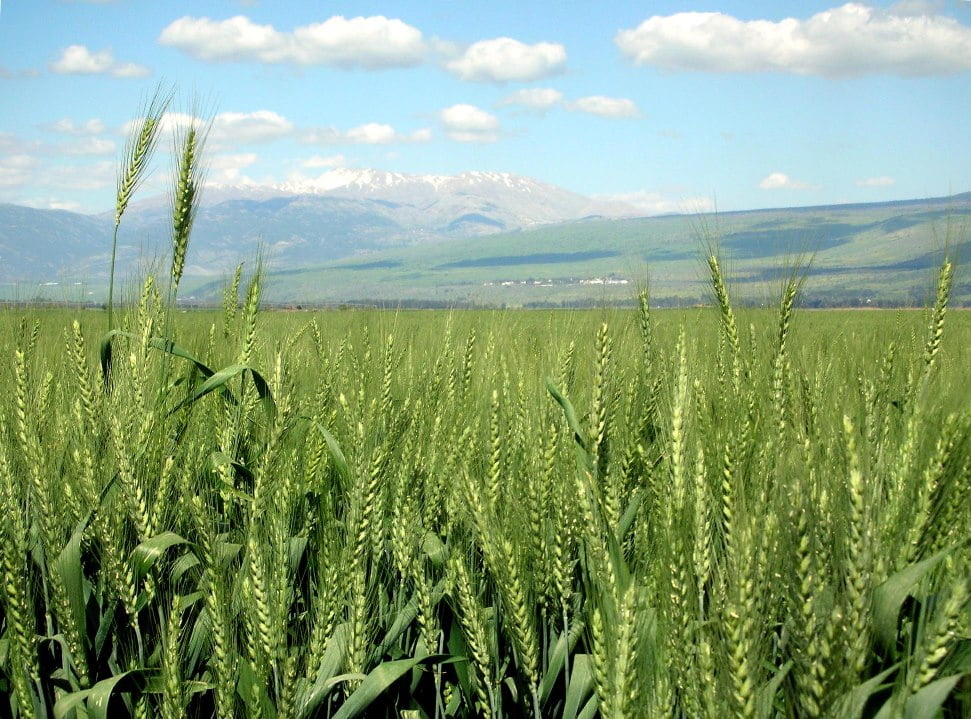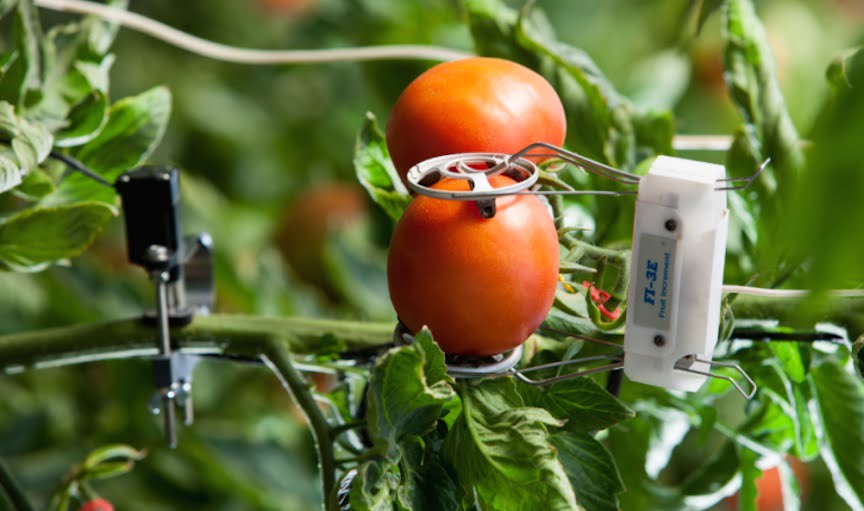This article was first published by The Times of Israel and was re-posted with permission.
Sygenta, one of the world’s biggest agriculture technology businesses, along with Japan-based Mitsui, one of the world’s biggest corporate groups, are banding together to invest in an Israeli agriculture tech company.
SEE ALSO: In Face Of Global Shortage, World Leaders Praise Israel’s Water Technologies
Phytech, which has developed an Internet of Things (IoT) technology for crops, is to receive an undisclosed investment from the two firms for its PlantBeat service, which equips crops with sensors that record information about the growing environment.
According to Dr. Michael Lee, managing director at Syngenta Ventures, the VC arm of Swiss agribusiness giant Sygenta – the world’s largest maker of chemical pesticides – “Syngenta’s ambition is to bring greater food security in an environmentally sustainable way to an increasingly populous world by creating a worldwide step-change in farm productivity. In working towards our ambition, we put the grower at the center of everything we do. Phytech’s grower-centric solutions join our breadth of technologies in crop protection, seeds, traits and seed treatment, providing the grower with integrated offers and broad-based innovation for the future.”
Already in use on some of the biggest farms in the US, Brazil, Australia, and other countries – including Israel, where some 60 percent of tomato farmers and 40 percent of cotton growers already use the system – Phytech’s PlantBeat keeps track of how much water crops get, how moist the soil is, soil temperature, and other data. The sensors upload the information to a cloud server, where it is analyzed and downloaded to a mobile app Phytech users download, with the app indicating how healthy a plant is and what to do to improve its performance.
SEE ALSO: Rooftop Farm Grows Organic Veggies Sans Soil
The low-cost sensors can be attached to sample plants to take readings within an immediate area of several square meters, with multiple sensors set up as an array to get a full picture of conditions in a growing area. The sensors include simple lithium batteries which can last for up to a year, and the sensors upload the data in an encrypted manner using cellphone networks, with the data secured from prying eyes.
First established in 1998 on Kibbutz Yad Mordechai near the Gaza border, Phytech, now with about 20 employees, was reorganized in 2011, when it developed the plant sensor system.
To read the full article, click here.
Photos: Phytech
Related posts

Editors’ & Readers’ Choice: 10 Favorite NoCamels Articles

Forward Facing: What Does The Future Hold For Israeli High-Tech?

Impact Innovation: Israeli Startups That Could Shape Our Future






Facebook comments